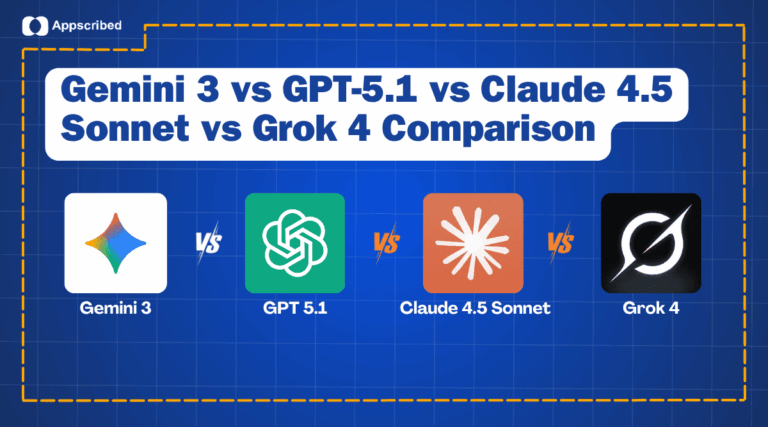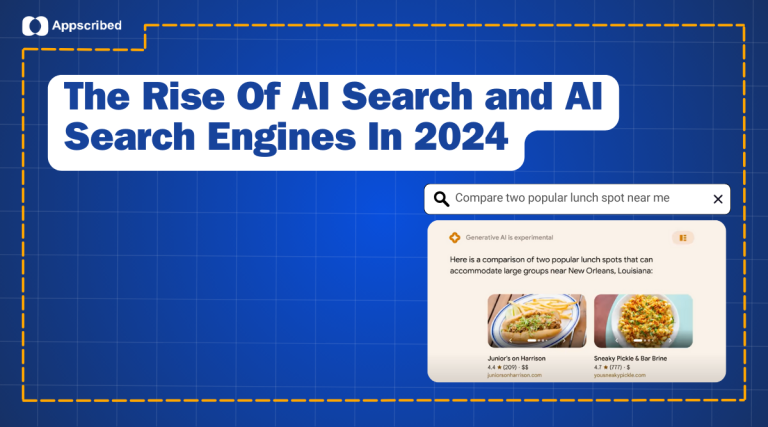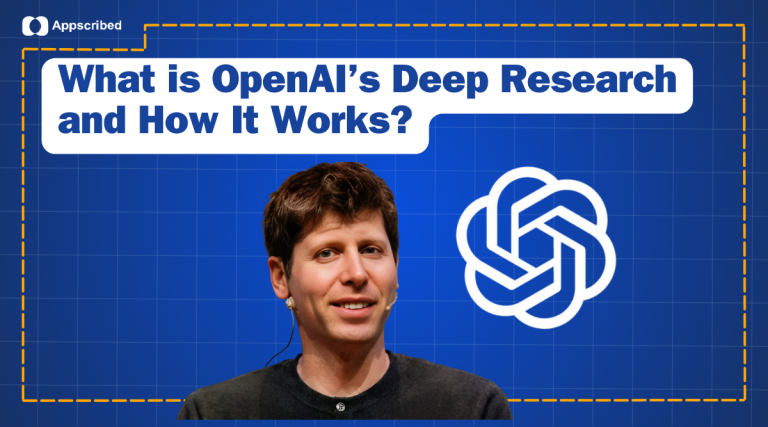Key Insights of OpenAI’s New Search Engine – SearchGPT
🔍🤖 Revolutionary AI-Powered Search: OpenAI’s SearchGPT prototype represents a significant leap in search technology. By combining AI models with real-time web data, it aims to provide users with quick, accurate answers to their queries. This innovation could potentially transform how we interact with and retrieve information online.
💬📚 Conversational and Context-Aware: SearchGPT introduces a more natural, conversational approach to online searches. Users can ask questions as they would to a knowledgeable person, with the ability to ask follow-up questions while maintaining context. This feature could make information retrieval more intuitive and user-friendly.
🔗📰 Supporting Content Creators: A key aspect of SearchGPT is its commitment to supporting publishers and content creators. By prominently citing sources and providing clear attribution, the system aims to maintain a healthy ecosystem for content production while helping users discover high-quality information sources.
🛡️🌐 Ethical Considerations: OpenAI has taken steps to address potential ethical concerns by differentiating between search functions and AI training. This allows websites to be included in search results even if they opt out of being used for AI training data, demonstrating a commitment to respecting content creators’ rights.
🔮📈 Future Developments: OpenAI plans to continue improving SearchGPT, with a focus on enhancing local information and commerce capabilities. The company’s approach of testing with a small group and gathering feedback shows a commitment to refining the technology based on real-world usage.
🧪🔬 Experimental Nature: It’s important to note that SearchGPT is currently a prototype. While some features may eventually be integrated into ChatGPT, the current version is temporary and subject to change based on user feedback and further development.













